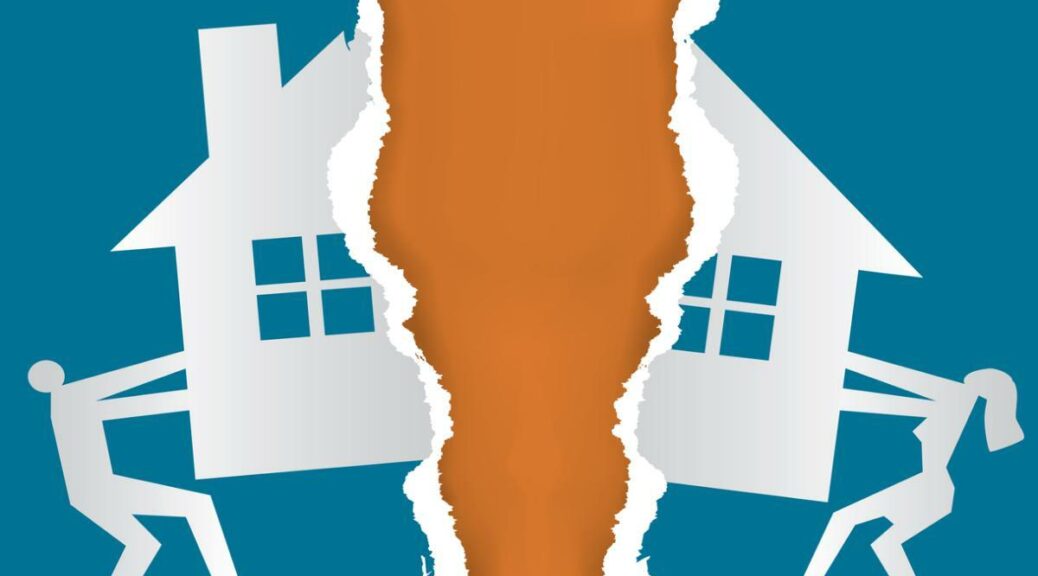As conversations surrounding domestic violence increase, residents need to understand the current state of this serious issue in California. Domestic violence, which encompasses physical, emotional, and psychological abuse, has far-reaching consequences for individuals and communities. CA Certified Family Law Specialist Judy L. Burger explores this topic so you can better understand the challenges we face in combating domestic violence in the Golden State.
Startling Facts On Domestic Violence
The following facts are based on the 2023 California Violence Experiences Survey (CalVEX):
- More than half of California women experience intimate partner violence in their lifetime.
- One in 30 women – more than 460,000 in California – experienced physical and/or sexual violence from a partner in just the past year, and those reporting these abuses in the past year faced greater health and social risks.
- 9% of women and 31.1% of menin California experience intimate partner violence or stalking in their lifetime.
- In 2021, California reported over 1,300 human trafficking cases, the most reported cases of human trafficking in the United States.
“Women who experienced intimate partner violence in the past year are more likely to be contending with depression, anxiety, and suicidality, and they are also more likely to have faced recent eviction,” said Jakana Thomas, a professor of political science at the School of Global Policy and Strategy.
A 2024 report, “The Costs of Intimate Partner Violence in California,” reveals a cost of $73.7 billion to the state in health care, lost productivity and income, and criminal justice and response program spending for domestic violence cases in 2022 alone. This is about 2% of the gross domestic product for California.
Factors Contributing to the Rise
Domestic violence is a complex issue influenced by various social, economic, and psychological factors. Some of the reasons contributing to its rise may include:
- Economic Stress: Economic challenges, such as unemployment or financial insecurity, can increase tensions within households, leading to conflicts that may escalate into violence.
- Increased Substance Abuse: Stressful situations can lead to increased alcohol or drug use, which may contribute to aggressive behavior and exacerbate existing tensions in relationships.
- Social Norms and Attitudes: Societal acceptance of violence as a means of conflict resolution can perpetuate cycles of abuse. Cultural attitudes towards gender roles and power dynamics in relationships can also impact the prevalence of domestic violence.
- Lack of Education and Resources: A lack of education about healthy relationships and available resources can keep victims stuck in abusive situations. Many may not know how to seek help or where to turn.
- Historical and Ongoing Trauma: Individuals who have experienced violence in their own families or communities may be more likely to either perpetrate or experience domestic violence themselves, perpetuating cycles of abuse.
Domestic Violence and the Law
The United States Department of Justice defines domestic violence as: “Domestic violence is a pattern of abusive behavior in any relationship that is used by one partner to gain or maintain power and control over another intimate partner. Domestic violence can be physical, sexual, emotional, economic, psychological, or technological actions or threats of actions or other patterns of coercive behavior that influence another person within an intimate partner relationship. This includes any behaviors that intimidate, manipulate, humiliate, isolate, frighten, terrorize, coerce, threaten, blame, hurt, injure, or wound someone.”
California law specifies that domestic violence encompasses any type of abuse inflicted upon an “intimate partner,” which is broadly defined to include almost a dozen different relationships. This includes the deliberate or careless application of physical force against the individual or the act of threatening to use force against them.
The Importance of Taking Action
The issue of domestic violence is critical. Do not wonder how long you must suffer – when you or your child experience abuse or feel threatened, that is the time to act. If you or someone you know is experiencing domestic violence, please reach out to the National Domestic Violence Hotline at 1-800-799-SAFE (7233). Contact The Law Offices of Judy L. Burger for immediate assistance with obtaining a restraining order. Together, we can work towards breaking the cycle of violence and creating a safer future for everyone.




